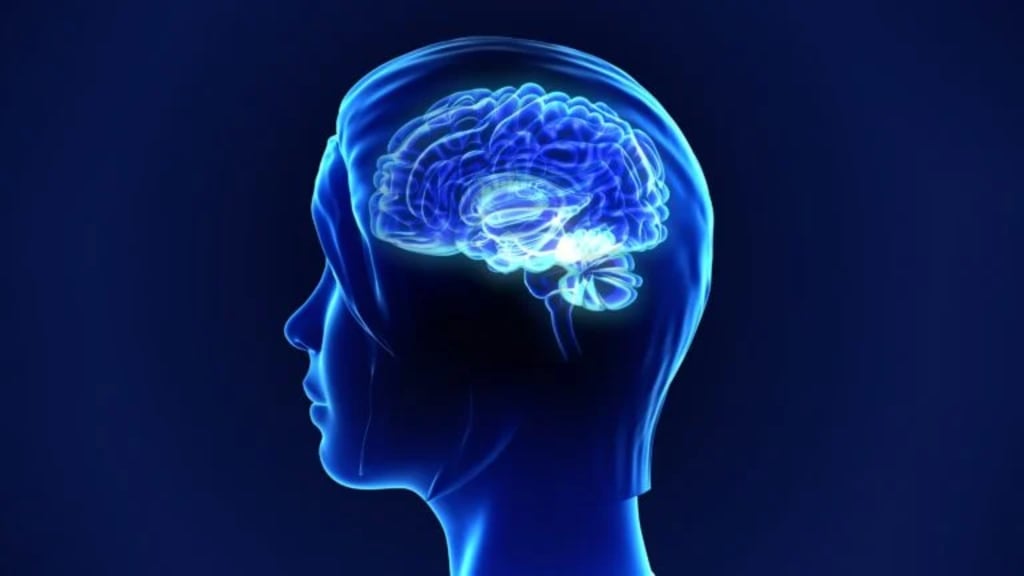Why don't we remember the names or faces of some people?
That could be the reason

For many of us, remembering the names or faces of individuals can be a real challenge. The fact that memory plays tricks on us when we least expect it is often due to fatigue. In fact, some studies have shown that poor sleep can be to blame.
The researchers found that study participants, whose memories were revived during sleep, were able to better remember the names and faces of some people.
Subjects who had sleep disorders (some of the participants woke up when they heard clues to some spoken names) found it harder to associate the name with certain faces, according to Woman's World.
Frequent sleep interruptions at night could affect memory
In contrast, subjects who had a deep, uninterrupted sleep were able to remember the names of individuals more quickly after waking up.
"We already know that some sleep disorders, such as apnea, can affect memory," said study lead author Nathan Whitmore.
"Our research suggests a potential explanation for this: frequent sleep interruptions at night could affect memory."
This suggests that sleep helps us to "recharge our brain batteries" so that we can stay alert during the day. Therefore, if sleep is disturbed or insufficient, it is more difficult to concentrate and remember various things, such as the names of people.
How to have uninterrupted sleep
If you turn in bed all night or wake up often at night, there are a few tricks that can help you get the seven to eight hours of sleep you need for good mental health.
Adding pistachios and kiwi to your diet promotes better sleep because they are rich in the hormone called melatonin. This hormone works to control your sleep-wake cycle so that your body can rest.
A hot cup of tea is very suitable, as is a glass of water in which you put a pinch of sea salt. This salt-water combination allows the body to absorb more fluid, so you won't have to take night shifts in the bathroom.
More importantly, to get the most out of your sleep, try giving up your phone or other electronic devices at least an hour before bedtime. Ideally, you should read a book on paper!
MEMORY LOSSES
Memory loss is one of the normal and major effects of the aging process. The process can begin between the ages of 25 and 30, when some brain functions lose their acuity. For example, the hippocampus, which plays an important role in memory and spatial orientation, decreases its volume, as does the prefrontal cortex, which is responsible for short-term memory. In addition, it decreases the number of connections between nerve cells, the amount of neurotransmitters - very important for the ability to learn.
Psychology and personal development
Sporadic lapses are not a significant symptom, but when you do not remember the fact that yesterday you were celebrating a birthday, this is indeed an alarm signal and an urgent visit to the specialist is required.
CAUSE
• Vascular problems: when the brain does not reach a sufficient amount of blood, small strokes occur, which directly influence the memory capacity;
• Poor hearing - those who hear worse hear harder to remember. A hearing aid helps the brain, and the effect will be seen immediately;
• Alzheimer's disease - in this case, the neurons interact and affect each other, preventing their normal functioning;
• Loss of neurons - many diseases of old age are caused by the loss of the number of neurons or their functioning;
• Injuries - these can be caused by accidents or the practice of sports that involve repeated blows to the head (such as boxing).
Memory loss involves chemical changes in the structure of the brain that affect the ability to process, store, and access stored information. It all starts with the inability to store information in short-term memory (when you can't remember a word you've heard recently). One of the theories about why this happens is that the toxins created by LDL cholesterol (the "bad" cholesterol) slowly consume that layer of healthy fat that protects neurons.
Other factors that lead to memory loss are: stress, thyroid problems, diabetes, anxiety and depression.






Comments
There are no comments for this story
Be the first to respond and start the conversation.